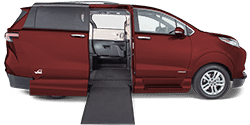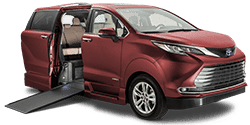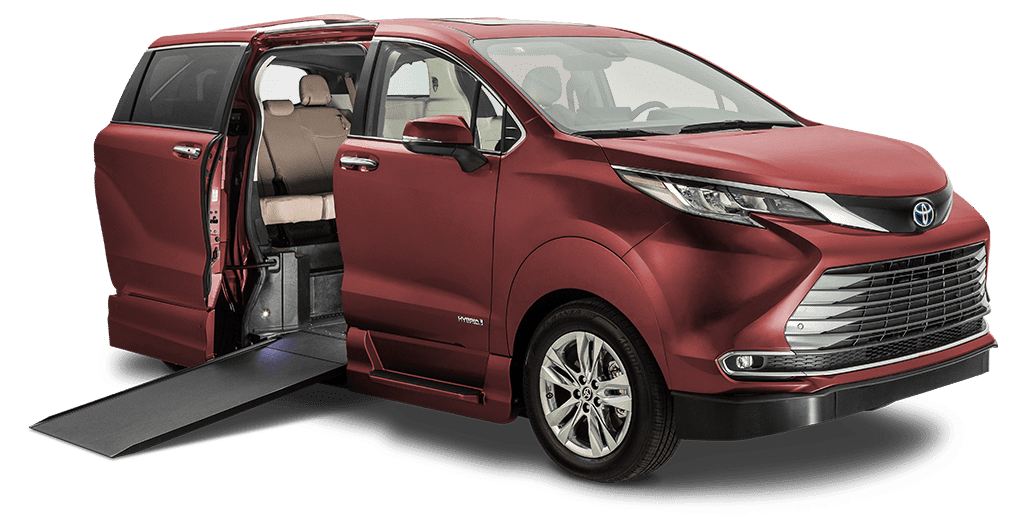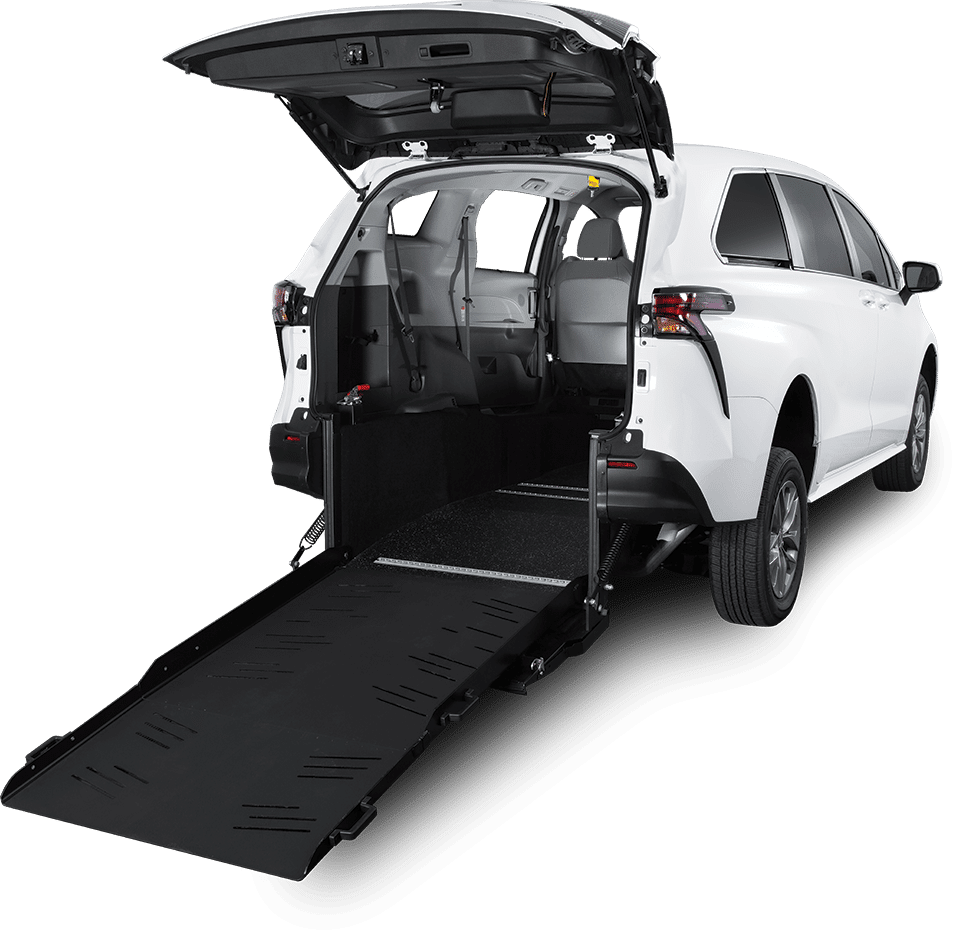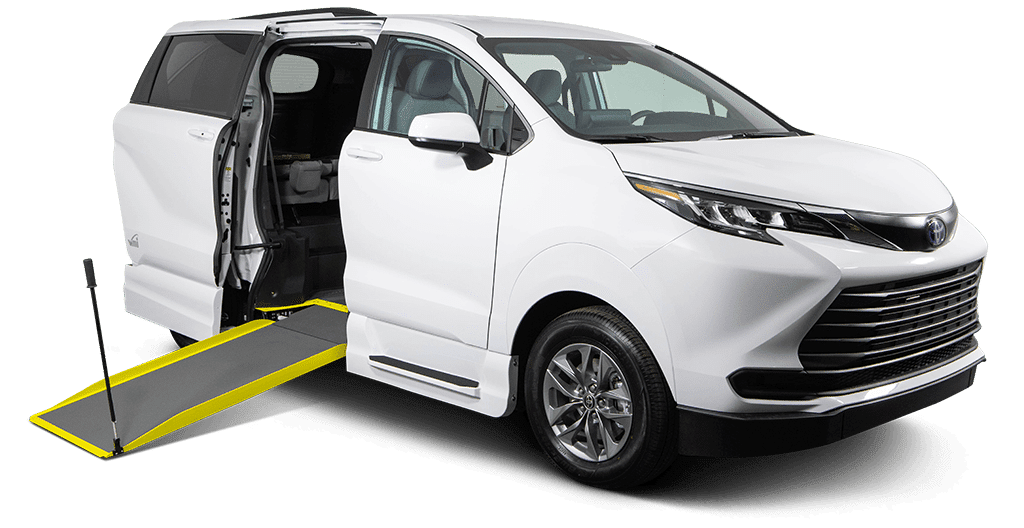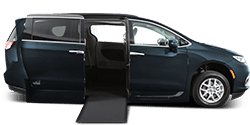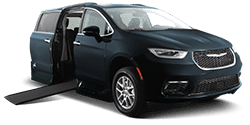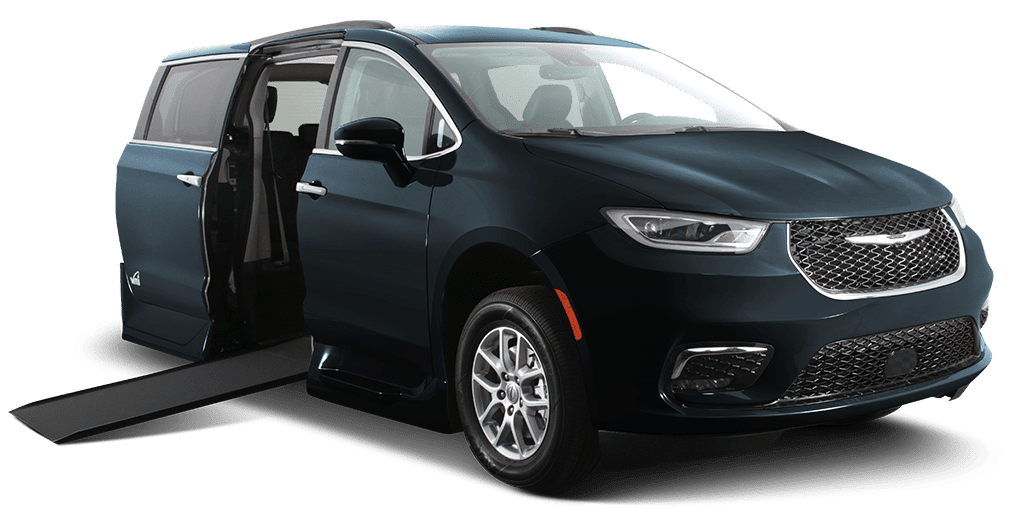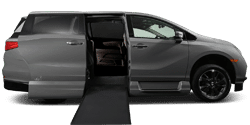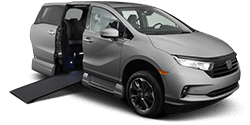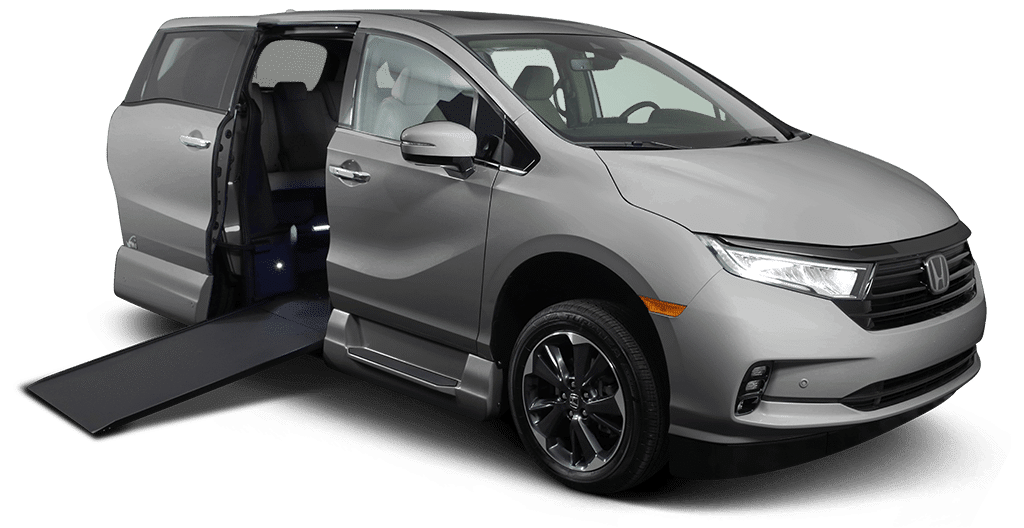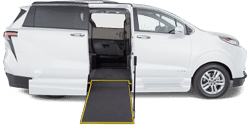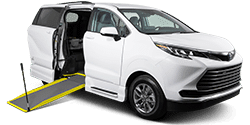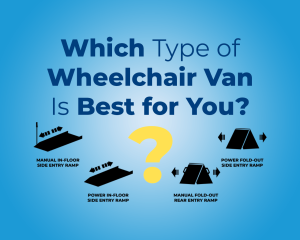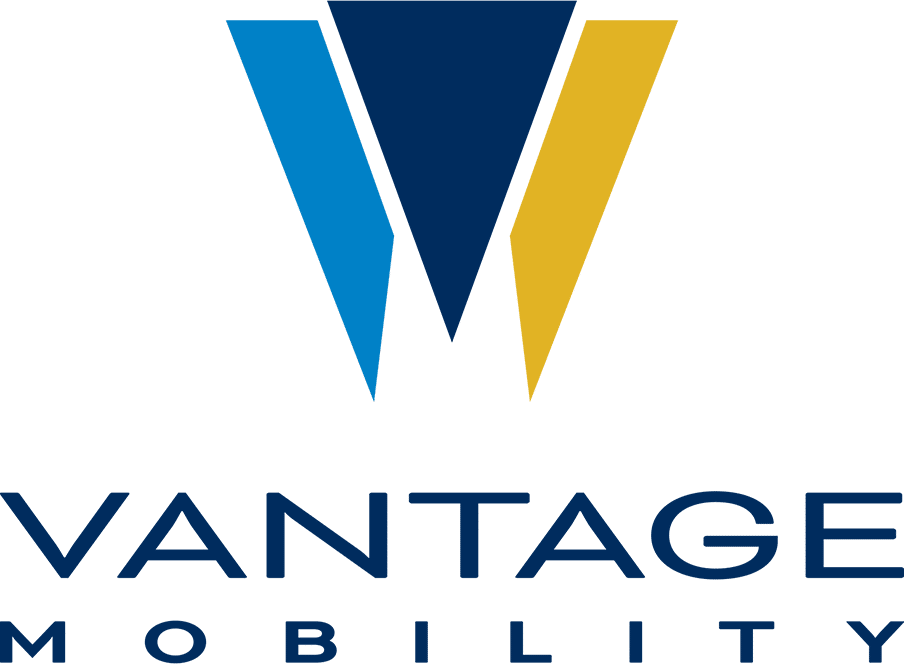Airports value speed and efficiency, and do their part to make air travel as comfortable and seamless as they can for every passenger.
The Air Carrier Access Act requires all domestic and international flights with the U.S. as its destination or origin provide certain consistent accommodations, free of charge, to people with disabilities.
This means that all accommodations are optional, and you must choose to accept an offer for support as it comes along. If you are traveling with your family, caregiver, or with friends, sometimes it makes sense to rely on your support system when you travel so you don’t get separated.
Each airport is different and has varying degrees of wheelchair friendliness, but there are a few important things to know that all airports do around the U.S. to make traveling for people with disabilities easier. If you’re getting ready for a trip, read on for all the ways airports can help you.
Flying with a Wheelchair
Airlines will transport most types of wheelchairs, including folding, collapsible or non-folding manual wheelchairs, electric/battery-powered wheelchairs, and electric-powered carts. For more specific information, contact your airline directly to find out how they handle medical devices that are carried on board or are checked in.
Simply check your wheelchair at the ticket counter or gate, and most airlines will return it at the gate or the baggage claim area.
If you have a battery-powered wheelchair, airlines will need more time to properly stow it away in transport. Every wheelchair is different, so bring along written instructions to speed along the process.
Check in at the ticket counter a few hours in advance of a flight so that airlines can store your wheelchair first. Some batteries are subject to dangerous goods handling procedures and may require special packaging.
You can request wheelchair service ahead of time when you book your tickets with any airline. Some airlines have special requirements for traveling with power chairs, so be sure to find one that’s right for you.
Airport escorts should be available. An airline may provide a qualified employee to help, since ultimately, it’s an airport’s responsibility to allow a person through the airport with the person they’re assisting.
Airlines that know about your disability can coordinate certain accommodations if you would like any additional assistance. This is especially useful if you are traveling alone.
When You Arrive
All airport parking lots reserve parking spaces for people with disabilities. A few select airports offer special parking accommodations for any traveler with special needs. For example, Charlotte-Douglas International Airport has special needs parking available in multiple lots with wider and more convenient locations.
After parking, the first thing you should do is check your bag. To save time, you can check your bags curbside well as print boarding passes. It’s easier to lighten the load from the get-go, especially when a lot of airport paths may not necessarily be wheelchair friendly.
Security
Security screenings for people with disabilities follow the same rules as any other passenger. Some older full-body scanners are not wheelchair-friendly, so anyone who cannot stand or cannot raise their arms for 5-7 seconds will need to be be screened in a different way. This usually means pat downs.
Private screenings are also available if you tell an airline ahead of time. If they’re simply helping a traveler get to the right terminal, some airports, like Pittsburgh International Airport, allow caregivers assisting travelers with disabilities are allowed to cross through most security checkpoints without a ticket.
Boarding a Plane
When you get to your gate, properly trained staff are available to help people with disabilities board and exit a plane. If you are connecting flights, airline personnel will provide assistance to get from one departure gate to another.
If you need help making a connecting flight in time, the airline will typically arrange for a wheelchair to transport you to the correct gate. Large airports have electric cart transportation too, especially if they have multiple buildings.
When you land, major airlines like Delta, American Airlines, and United take you to the baggage claim area or to your next pickup location. Then your vacation can finally begin!

